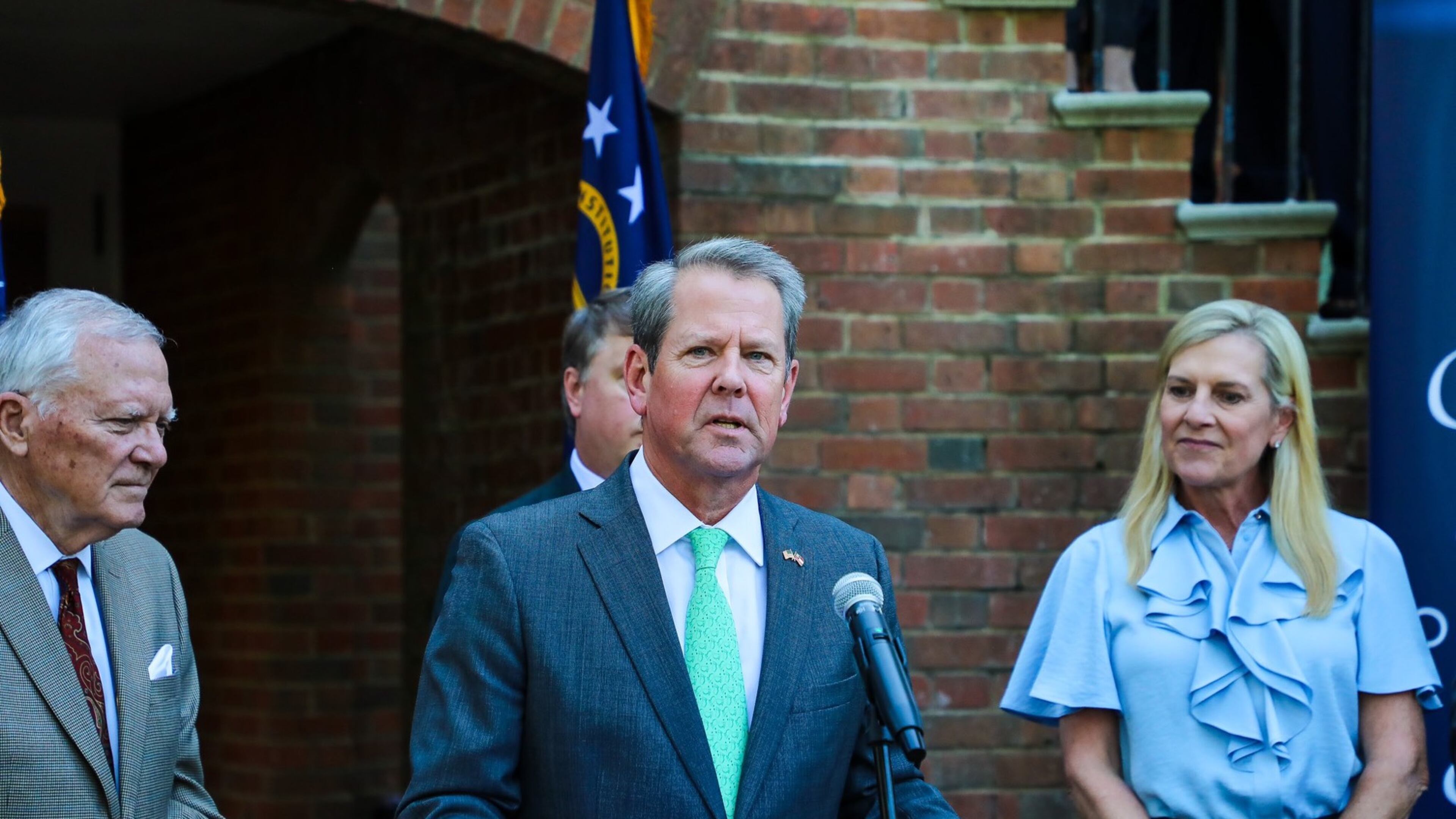Opinion: Georgia needs innovative workers. Charter schools produce them

Last fall, Georgia clinched the title of the best state for business for the 10th consecutive year by Area Development magazine. Gov. Brian Kemp commemorated this achievement while signing legislation earlier this month to boost workforce talent in our state. He emphasized the ongoing demand for skilled Georgians to fill high-paying jobs in a rapidly evolving labor market.
As artificial intelligence and robotics reshape the operational landscape of businesses and organizations, the need for skilled and versatile workers will only grow. Postsecondary institutions will face increased pressure to meet growing workforce demand. The problem-solving and technology skills necessary to build the labor force of the future must be cultivated much earlier — in K-12 education. Within Georgia’s educational landscape, public charter schools are playing a crucial role in preparing students for the jobs of tomorrow.

Public charter schools are also tuition-free and have the ability to make quick and effective changes to meet the individual needs of students. In Georgia, this flexibility is paving the way for charter school students to acquire specialized skills in their formative years and is exemplified by charter schools such as Utopian Academy for the Arts, Chattahoochee Hills Charter School, Resurgence Hall Charter School and Amana Academy.
Utopian Academy for the Arts is a one-of-a-kind arts-centered network of charter schools in Clayton and Fayette counties that is meeting the demand of Georgia’s expanding film and television industry. In addition to core subjects, the charter network offers a course catalog with pathways that include animation, coding, dance, digital arts, fashion design, film and television, music and theater. The school also provides Clayton’s low-income, predominantly Black communities with access to educational offerings that have increasingly become an exclusive feature of schools in white and more affluent areas. Most recently, the school opened its fourth campus in Fayetteville at Trilith Studios. Utopian has forged partnerships and strategic relationships with the Georgia Film Academy, the Technical College System of Georgia, and the Georgia Department of Economic Development to prepare the state’s next wave of industry-ready professionals.
In south Fulton County, Chattahoochee Hills Charter School is fostering a passion for Georgia’s thriving agricultural sector — the state’s primary economic driver — annually bringing in $70 billion. However, the industry faces a pressing challenge with the retirement of older farmers, resulting in a significant workforce shortage. Situated amidst 11 acres of land, the school boasts a farm featuring a diverse range of animals including goats, chickens, alpacas and rabbits. What sets this K-8 charter school apart is its holistic approach to education, seamlessly blending agriculture, the arts and environmental studies into its curriculum while adhering to the Georgia performance standards.
Meanwhile, Resurgence Hall Charter School in East Point was the first school in the state to begin computer science instruction in kindergarten. The state charter school’s computer science framework teaches students logical reasoning, algorithmic thinking and design and structured problem-solving. This framework, combined with the school’s dedicated focus on literacy, enhances students’ capabilities and enables them to emerge as innovative creators capable of designing computing systems and applications to enhance local and global communities. The school is also high performing. On the 2023 Georgia College and Career Ready Performance Index, 91% of Resurgence Hall students were reading at or on grade level, with 73% reading above grade level.
Amana Academy, a K-8 public charter school in north Fulton, encourages students to utilize science, technology, engineering and mathematics to solve real-world problems. The award-winning public charter school was the first K-8 STEM certified school by the Georgia Department of Education and uses the acclaimed Harvard-based EL Education model as its framework for teaching and learning. The school’s location in north Fulton, specifically Alpharetta with more than 600 technology companies, creates synergies and opportunities for collaboration to inspire STEM thinking among students.
Recently, 60 Amana Academy students participated in Fiserv FIN Future Techies program. This 12-week program immerses fifth to eighth grade students in hands-on science, technology, engineering, arts and mathematics activities and dives deep into the possibilities of future careers in the financial technology or FIN industry. According to Forbes, Atlanta is a global leader in financial technology, with more than 70% of all global financial transactions passing through companies headquartered in metro Atlanta.
Georgia charter schools not only meet the state’s future workforce demands but also elevate the overall performance of the public school system. Statewide, charter school students outperformed traditional public school students on the 2022 National Assessment of Educational Progress in reading and math by at least 8 points in fourth grade and 4 points in the eighth grade.
Moreover, public charter schools enjoy considerable popularity among Georgia families. Statewide, a 2021 survey by the Georgia Charter Schools Association found more than 6 out of 10 registered voters approve of charter schools.
Despite the widespread support from parents and the demonstrated academic achievements and innovations of charter schools, local school systems have been reluctant to approve them. We urge districts to expand high-quality public educational options for families. Through collaboration and innovation, we can equip Georgia’s students with the skills needed to thrive in an ever-changing world and drive economic success for our state.
Tony Roberts is president and CEO of the Georgia Charter Schools Association.


